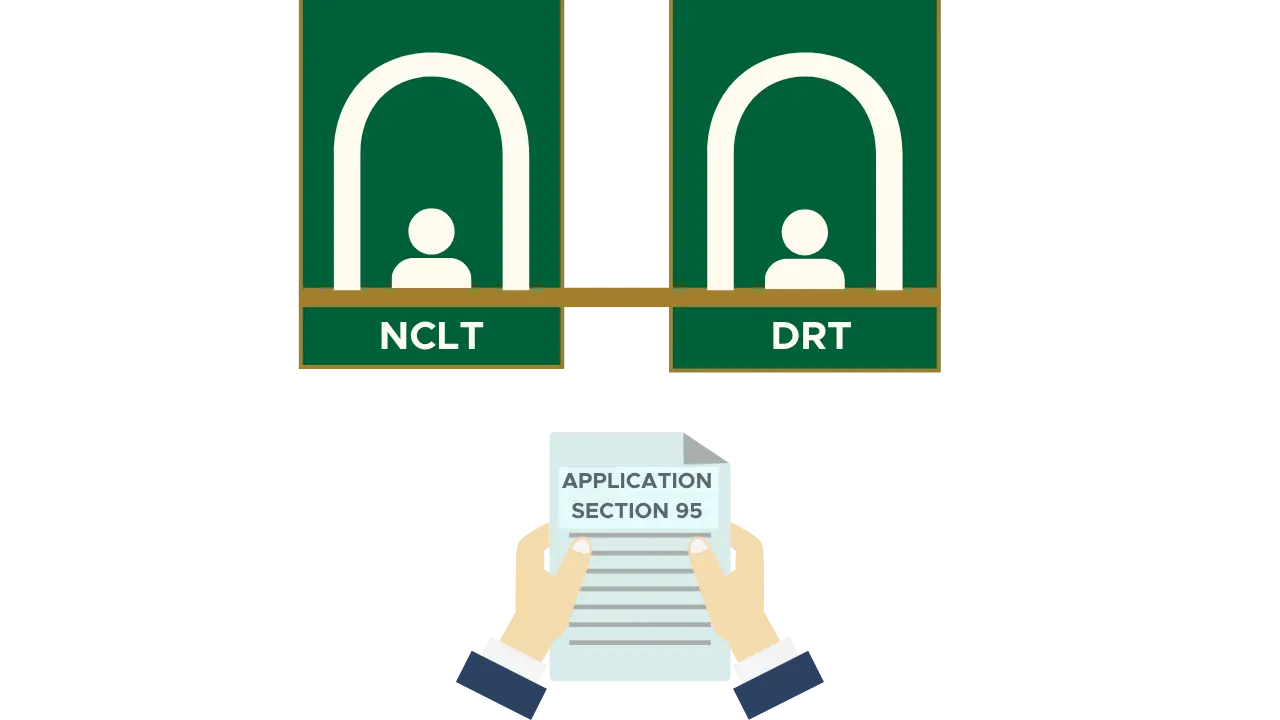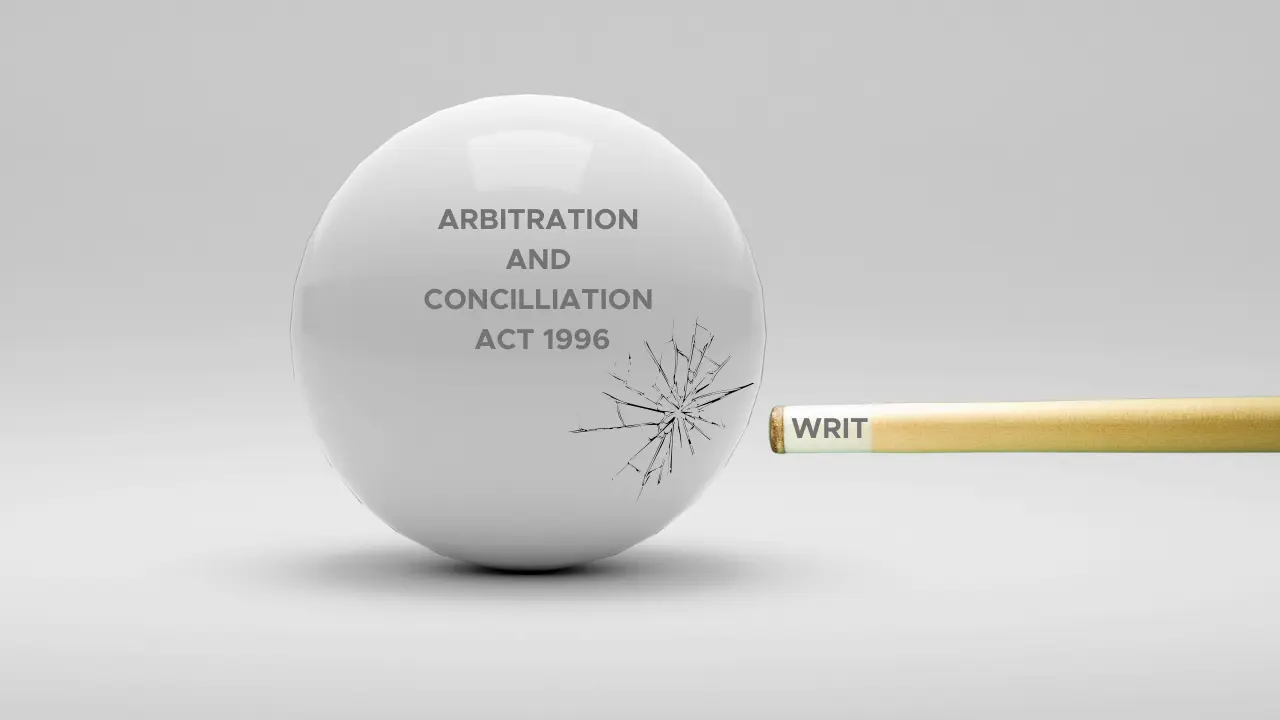The commercial world often relies on post-dated instruments, be it cheques or electronic mandates, to manage future financial obligations, offering a semblance of certainty in payment schedules. However, what happens when a counterparty to such an arrangement enters into a CIRP? Specifically, do post-dated cheques or electronic mandates issued prior to the initiation of CIRP remain valid and enforceable if they are realised after the moratorium under Section 14(1)(b) of the IBC has commenced? Furthermore, can the suspended management of a Corporate Debtor, citing “ordinary course of business” or “going concern” arguments, make payments post-moratorium, even if based on pre-existing obligations?
These critical questions have been addressed by NCLAT in the recent judgment of Sunil Gutte v. Avil Menezes & Ors.1 It states the absolute nature of the moratorium imposed under Section 14(1)(b) IBC, casting a shadow over the efficacy of post-dated instruments once CIRP commences.
The Unyielding Grip of Moratorium
The NCLAT’s decision in Sunil Gutte v. Avil Menezes & Ors. serves as a reminder of the rigorous framework established by the IBC. The case, arising from an appeal against an order of the Adjudicating Authority (National Company Law Tribunal, Mumbai Bench-I), delved into the permissibility of payments made by the suspended management of a Corporate Debtor post-CIRP initiation.
The Corporate Debtor, M/s. Sunil Hitech Engineers Ltd., was admitted into CIRP on September 7, 2018, with the moratorium becoming effective from September 10, 2018. Subsequent to this, Mr. Sunil Gutte, the ex-promoter and suspended director, along with the Chief Financial Officer, made payments amounting to INR 11.01 crore to various vendors. These “impugned transactions” were broadly categorised into two phases: one between September 10, 2018, and September 14, 2018, and another between September 27, 2018, and October 10, 2018.
The core of the appellant’s defence rested on the arguments of “ordinary course of business” and “going concern.” It was contended that these payments were routine, made to long-term service providers for goods and services rendered prior to CIRP, and were crucial to keep the Corporate Debtor operational. The appellant further asserted that some of these payments were made via cheques dated prior to the moratorium, arguing that the encashment date, which fell post-moratorium, should not be held against them, and that it was incumbent upon the IRP to issue stop-payment instructions.
However, the NCLAT, in its meticulous examination, unequivocally rejected these arguments. The Tribunal emphasised the “plain wordings of the statute” in interpreting Sections 13(1) and 14, stating that the declaration of moratorium is a “statutorily mandated” consequence of CIRP admission.
The Absolute Nature of Moratorium
Crucially, the NCLAT highlighted that Section 14(1)(b) “prohibits transferring, encumbering, alienating or disposing of by the corporate debtor any of its assets or any legal right or beneficial interest therein” once moratorium is declared. The legislative intent behind this provision is clear: to preserve the Corporate Debtor’s assets during the insolvency resolution process for its revival.
The Tribunal categorically stated that the suspended management is “strictly prohibited from directly or indirectly deploying the funds of the Corporate Debtor unilaterally, without the authorisation of IRP, to clear any dues of any Financial Creditor or Operational Creditor”. This prohibition is absolute, and arguments of “criticality of clearing payments in the ordinary course of business to make the Corporate Debtor continue running as a going concern cannot constitute sufficient mitigating circumstances for not giving effect to the statutory provisions of moratorium as contained in Section 14”. The NCLAT explicitly stated that “the question of intent and motive behind allowing the impugned transactions is irrelevant and immaterial in view of the clear language of the statutory provision of Section 14 prohibiting such a payment after commencement of CIRP and declaration of moratorium”.
Post-Dated Instruments Under Scrutiny
Regarding the post-dated cheques, the NCLAT acknowledged that two cheques were dated prior to CIRP commencement and one after, but crucially, all three were encashed after the moratorium became effective. The appellant’s argument that the date of handover of the cheque should be considered the relevant date was dismissed. Drawing support from its own judgment in
SREI Equipment Finance Ltd. Vs Amit Gupta2, the NCLAT reiterated that “it is true that the cheque dates back to the date of handover but it cannot be encashed after the moratorium starts, in view of the specific provisions, to recover the amount from the Corporate Debtor”. This pronouncement resolves the ambiguity surrounding post-dated instruments: their realisation post-moratorium is a direct contravention of Section 14(1)(b), irrespective of their issuance date.
The Role of the IRP/RP and Joint Liability
The judgment also underscored the pivotal role of the IRP and RP in managing the Corporate Debtor’s operations and assets post-CIRP commencement. It was confirmed that the payments made by the appellant were “unauthorisedly” made without the IRP’s prior approval. The NCLAT upheld the Adjudicating Authority’s decision to hold the appellant and the recipient respondents “jointly and severally liable” for refunding the amounts to the Corporate Debtor’s assets.
Furthermore, the NCLAT dismissed the appellant’s argument of differential treatment, where other similar payments were not subjected to reversal. The Tribunal firmly stated that “equality cannot be claimed in wrong or illegal actions” and that overlooking illegality in one instance does not create a basis for claiming parity.
Conclusion
The Sunil Gutte v. Avil Menezes & Ors. judgment is a significant pronouncement, reinforcing the “absolute nature” of the moratorium under the IBC. It sends a clear message to suspended managements and creditors alike: once CIRP commences and moratorium is in effect, any unilateral transfer or disposal of the Corporate Debtor’s assets is strictly prohibited, regardless of pre-existing obligations or arguments of “going concern” or “ordinary course of business.” The efficacy of post-dated instruments is entirely superseded by the moratorium, and their encashment post-moratorium constitutes a breach. This ruling further solidifies the integrity of the insolvency resolution process, ensuring that the Corporate Debtor’s assets are protected for the collective benefit of all stakeholders.
Citations
- Company Appeal (AT) (Insolvency) No. 515 of 2025
- Company Appeal (AT) (Insolvency) No. 298 of 2019
Expositor(s): Adv. Khushboo Saraf






